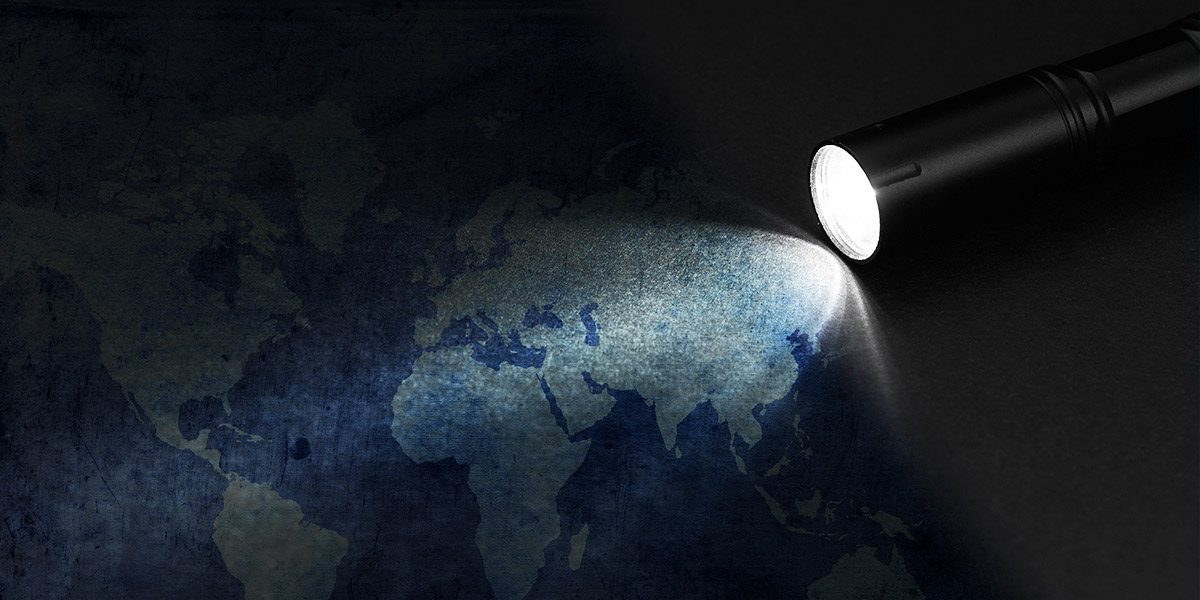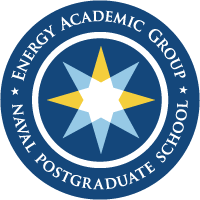Russia’s Dangerous Game: Mutually Assured Darkness? - Energy Academic Group

Russia’s Dangerous Game: Mutually Assured Darkness?
By Lawrence M. Walzer, Faculty Associate-Research, Energy Academic Group
Increasingly, the United States is confronted with a strategic environment of intense Great Power Competition and persistent hybrid threats where the energy sector can be used to leverage governments politically through potential energy market manipulation or—more dangerously—via targeted attacks on energy infrastructure. While there are concerns regarding China, Iran, North Korea, and some non-state actors, Russia remains a very prominent hybrid threat actor on many fronts and in many regions—some far away, others closer to home. As we seemingly enter a new era of potential Mutually Assured Darkness, the recent blackouts in Texas and other areas highlight that it is more than just the lights that go out.
Most will recall Russia’s aggression and attacks on Ukraine, which led to the first reported blackouts caused by a cyberattack in 2015. Russia’s deliberate hybrid campaign led to its illegal occupation of Crimea making the Kremlin an international pariah in the West and beyond. Nonetheless, its advancement of the Nord Stream 2 pipeline both furthers its energy influence in Western Europe and attempts to weaken Ukraine in order to punish Kyiv for its steadfast goals to escape Moscow’s yoke and align with the liberal West. Russia’s hardball antics go far beyond Ukraine and the previous incursions in Georgia, as Russia aggressively seeks to return a perceived sphere of influence into its fold. Volunteers are few.
Much closer to home, cyberattacks into our election apparatus and energy infrastructure—reportedly at the hands of the most sophisticated Russian-directed hackers—paint a stark picture of our vulnerabilities, which Russia undoubtedly seeks to exploit in order to achieve its objectives of returning to great power status and broadening its scope and influence on an international scale. While many Americans were distracted with other headlines in the fall and early winter closing out 2020, there were several reports of alleged Russian hacking into all levels of U.S. energy infrastructure and systems including into the Department of Energy.
Deterring our adversaries from conducting hybrid attacks will take a whole of government and comprehensive approach in partnership with the private sector, and also a determined team effort with our allies and other partners. The Naval Postgraduate School will do its part with its recently approved Center on Combating Hybrid Threats, which will focus initial research efforts on Russia, energy, and naturally, hybrid threats in the maritime domain. We must do far more than keep the lights on.
Email Larry Walzer at lmwalzer1@nps.edu
Quarterly Newsletter
Surge is published quarterly by the Energy Academic Group and covers a divese range of energy-related topics. View archive

